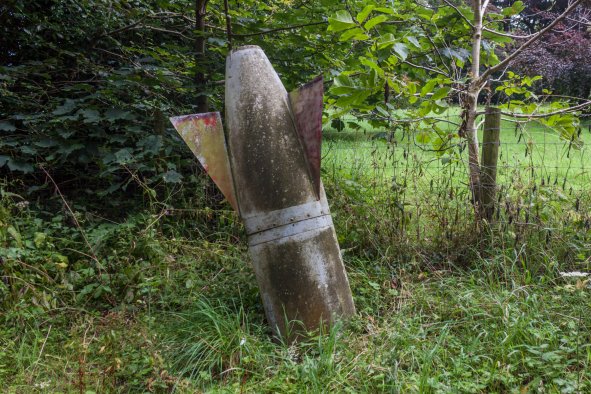Scientists have made a breakthrough discovery in our understanding of how cancer cells evade our immune systems. The findings, published in the journal Nature Biomedical Engineering, open new avenues for drug development in cancer research to better support our immune systems in killing cancer cells.
Cancer cells have three main ways of interacting with our immune systems: They can hide, fight back or erect a physical barrier. It is this third tactic that the team at University of Texas Southwestern has been investigating.
It has long been established that tumors are slightly more acidic than healthy body tissue. This is largely due to their production of lactic acid, a waste byproduct of the cells' metabolism. However, this acidity is not uniform across cancer cells.
In their latest study, Jinming Gao and his colleagues at UT Southwestern used nanoscale probes to measure how pH varies across tumor cells. They found that the cells were significantly more acidic on one side compared to the other. In other words, the acidity was polarized across the cells.
When similar tests were done on entire tumor tissues, the team found that the cancer cells pumped the acid away from their neighboring cancer cells and into the surrounding environment, creating a wall of increased acidity around the tumor's edge.
By studying samples from human tumor tissue, the team found that this wall of increased acidity was more or less devoid of the killer T cells our bodies rely on to fight off infections and other harmful cell types. In other words, the cancer was able to create an acid wall to protect itself from the immune system.
"This study revealed a previously unrecognized polarized extracellular acidity that is prevalent around cancer cells," Gao said in a statement.
These results have implications for the development of anti-cancer drugs. To start with, understanding the acidity of the environment surrounding cancer cells could help in the development of targeted cancer treatments that can be directed to the site of a tumor to deposit their active ingredients. In this case, the increased acidity can be used as a signal for the cancerous tissue to ensure the drug is delivered only to the site of the tumor.
As we develop our understanding of this process, we may also be able to design drugs to prevent cancer cells from producing acid walls, thus making them more vulnerable to attack from the immune system.
Is there a health problem that's worrying you? Do you have a question about cancer? Let us know via health@newsweek.com. We can ask experts for advice, and your story could be featured on Newsweek.
Disclaimer: The copyright of this article belongs to the original author. Reposting this article is solely for the purpose of information dissemination and does not constitute any investment advice. If there is any infringement, please contact us immediately. We will make corrections or deletions as necessary. Thank you.



